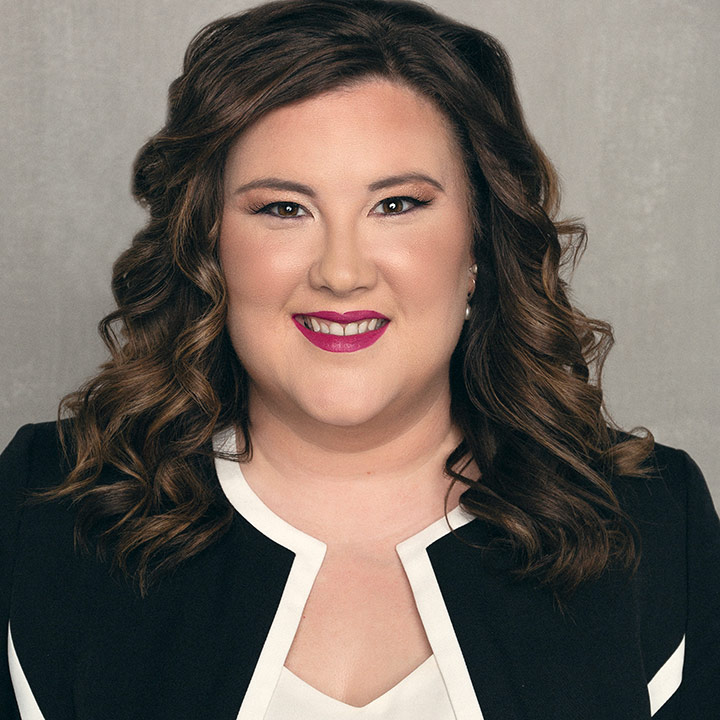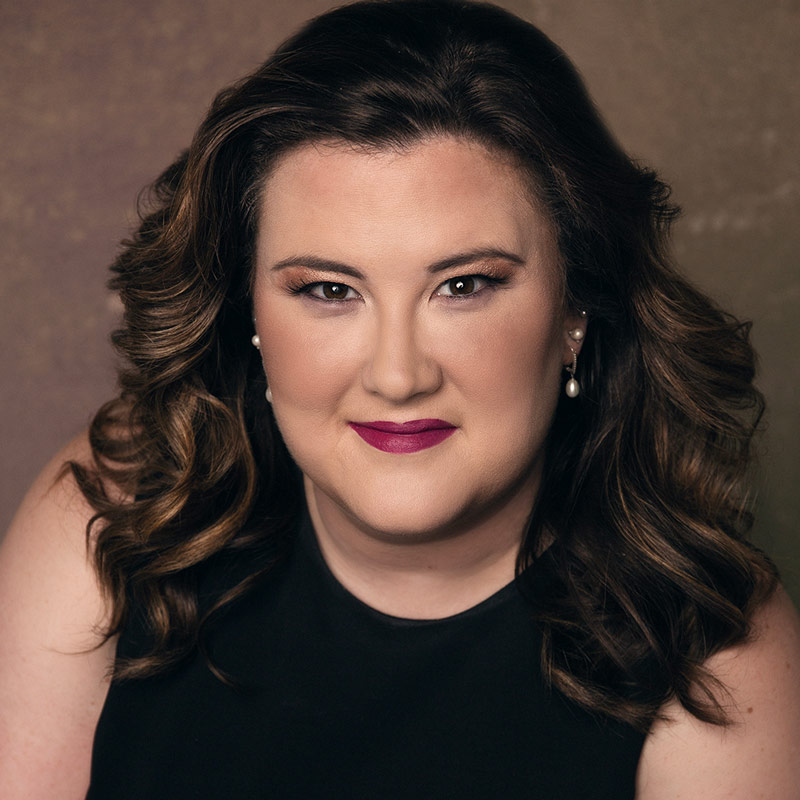Not having your children living with you full time is heart breaking thought for any parent; they are only young once and all the time you get with your children is precious, making most custody and visitation matters highly contentious and overwhelming for most parents. This article will help you understand the basics of the custody and visitation process.
Custody Options
There are two forms of custody, and they most often in one of the following forms:
Physical Custody
Physical custody determines where a child lives.
Primary Custody, wherein one parent is the primary custodian. The child or children primarily reside at this parent’s home, and it is often the district wherein they attend school.
Joint Custody, wherein the child or children resides with both parents as equally as possible.
Primary Custody, wherein one parent is the primary custodian. The child or children primarily reside at this parent’s home, and it is often the district wherein they attend school.
Joint Custody, wherein the child or children resides with both parents as equally as possible.
Legal Custody
Legal custody refers to the decision-making authority of the child’s parents.
Joint Legal Custody, wherein both parents have equal decision-making authority.
Joint with Final Decision-Making Legal Custody, wherein both parents have decision-making authority, but in the event of a disagreement, one parent is the “tie breaker” by having the legal authority to make the final decision.
Sole Legal Custody, wherein one parent has sole decision-making authority.
Joint Legal Custody, wherein both parents have equal decision-making authority.
Joint with Final Decision-Making Legal Custody, wherein both parents have decision-making authority, but in the event of a disagreement, one parent is the “tie breaker” by having the legal authority to make the final decision.
Sole Legal Custody, wherein one parent has sole decision-making authority.
Visitation Options
There are two types of visitation, general and holiday:
Regular Visitation
Regular visitation refers to the visitation schedule that is followed throughout the year. Regular visitation is much more pliable than custody; visitation may look quite different case by case because is often created specifically around the needs of a child or family. Generally, the goal of visitation is to help a child maintain his or her relationship with their non-primary custodial parent.
Holiday Visitation
Holiday visitation refers to where the child or children in case spend their time on major holidays and breaks from school. Most parents alternate holidays by even and odd years until their children emancipate, but again, this is very pliable based upon the needs of the parties involved.
Can Custody and Visitation Change?
The originally agreed upon custody and visitation arrangement may be petitioned to be changed upon either the agreement of the parents a material change in circumstance from when it was originally agreed upon. If you are not in agreement to change the current agreement, that does not preclude you from pursuing to reopen the case if you have a material change in circumstances.
Examples of material changes in circumstances are the needs of a child changing, the income and living situation of parent changing, or a parent achieving sobriety. If you are desirous of changing your current custody and visitation arrangement, Whitney Pennington can help you understand if a material change of circumstance has occurred that is sufficient to reopen the case.
Examples of material changes in circumstances are the needs of a child changing, the income and living situation of parent changing, or a parent achieving sobriety. If you are desirous of changing your current custody and visitation arrangement, Whitney Pennington can help you understand if a material change of circumstance has occurred that is sufficient to reopen the case.
What Can The Pennington Law Firm Do For My Custody or Visitation Case?
If you are overwhelmed with the custody and visitation process, Whitney Pennington is ready to guide you through it. She personalizes her strategy based upon your individual needs. She is ready to defend your interests in settlement negotiations and fight for your interests trial. To schedule a consultation to discuss your legal needs, contact her (571) 481-9977 today.









